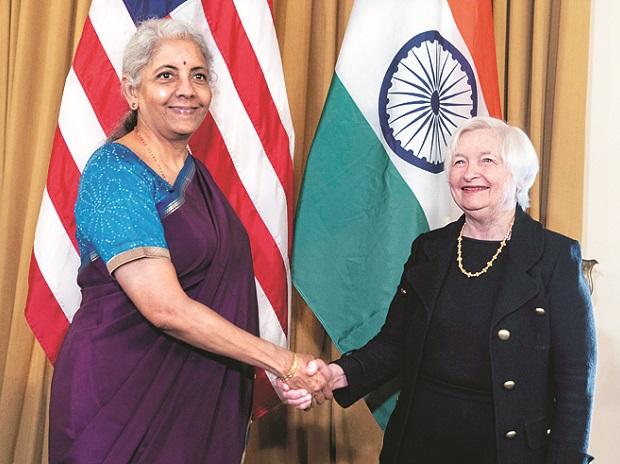More than a year after a cooperatives ministry was formed with Home Minister Amit Shah as its head, the Cabinet on Wednesday approved extensive amendments to the Multi State Cooperative Societies Act (MSCS). The Act was last amended in 2002.
The amendments make the functioning of the board of such cooperatives transparent — registration becomes simpler and seats can be reserved for women, scheduled caste and scheduled tribe candidates in coop boards. Also, a Cooperative Election Authority can be formed to conduct free, fair and timely elections to coops.
India, at present, has nearly 800,000 cooperative societies of which around 1,600 are MSCS. They serve the interest of members in more than one state. These include some big names like IFFCO, Kribhco and Nafed.
The amendments will now be presented during the Winter Session of Parliament. Of the 1,660-odd MSCS, the majority are in Maharashtra (570), followed by UP (150) and New Delhi (133).
Credit cooperatives constitute the bulk of the MSCS (610), followed by agriculture-oriented MSCS (244). There are around 100 multi-state cooperative diaries and 70 multi-state cooperative banks. The Bill will incorporate provisions of the 97th Constitutional Amendment.
For cooperative banks, the banking functions will be governed by the Banking Regulation Act. However, for all other operational issues of such entities, the MSCS Act and its new amendments will be at play.
The Act also empowers the central government to suspend the board of a MSCS if it has not been meeting within a stipulated time frame. It also lays down the process for liquidation of such cooperatives.
To improve the governance of multi-state cooperative societies, the Bill has specific provisions for setting up a cooperative election authority, cooperative information officer and cooperative ombudsman.
The election authority will ensure that elections are held in a fair, free and timely manner. This, in turn, will help reduce incidents of complaints and malpractices. There is a provision to debar offenders for three years to bring in more electoral discipline.
The ombudsman will provide a mechanism for redressal of member grievances in a structured fashion. Cooperative information officers will enhance transparency by providing members timely access to information.
For ease of doing business, the amendment Bill proposes to reduce the period of registration, with a provision for the applicants to seek additional time of two months for rectification of mistakes.
It also provides for electronic submission and issuance of documents, thus providing for a comprehensive digital ecosystem.
The Amendments
a) Mandatorily Reserves Seats for Women and SC/ST in MSCS Boards
b) Provides for setting up of Cooperative Election Authority, Cooperative Information Officer and Cooperative Ombudsman
c) Cooperative Election Authority will be mandated to conduct free, fair, timely and transparent to the coops
d) Members can be debarred for three years for electoral malpractices.
e) Empowers Centre to suspend board for non-holding of meeting within stipulated
f) Rehabilitation Fund for Revival of Sick Coops
g) India has 1600 MSCS at present including some big ones like IFFCI, Kribhco, Nafed etc





GIPHY App Key not set. Please check settings